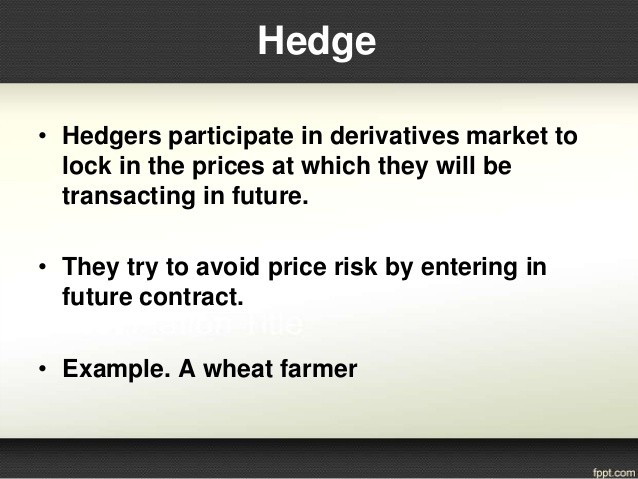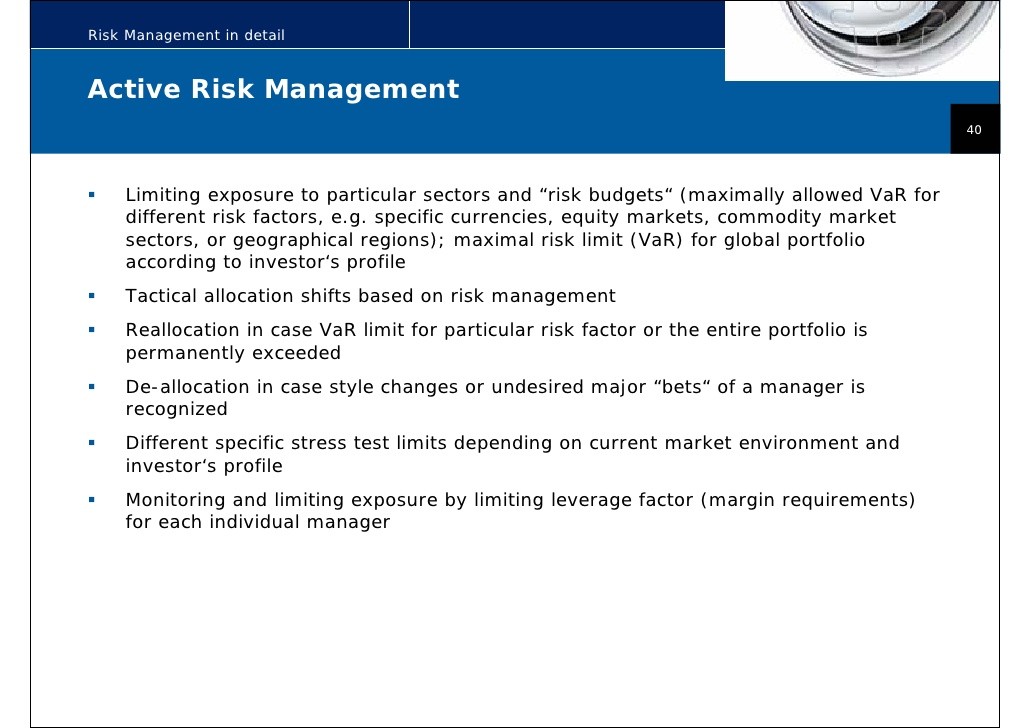Commodities The Portfolio Hedge_2
Post on: 23 Апрель, 2015 No Comment

What does portfolio hedging mean? To ‘hedge’ means to protect from a negative event. It is very important that each and every investor knows about hedging so that whenever inevitable negative events happen, they are properly insured and the impact of the event is greatly reduced. Technically, portfolio hedge means that a trader would invest in two securities with negative correlations and since nothing is for free anymore, you would have to pay for this kind of insurance. Let’s get to know about portfolio hedge in the next paragraphs and learn how what makes commodities a great investment.
Portfolio Hedge
What Makes Commodities a Safe-Haven Against Inflation?
When talking about investing, one of the biggest topics that are related to it is inflation and how to hedge your portfolio whenever there is a rise in inflation. There are many different answers. Some would say that traders should invest in equities, others in real-return bonds or commodities. Why are commodities very popular in protecting an investor’s portfolio?
Since the price of commodities usually goes higher when inflation increases, they offer security from the effects of the negative event. There are other few assets that benefit from increasing inflation but commodities almost always do. As the demand for products and services go up, the prices usually rise too and so are the prices of commodities that are used to produce those products and services. Simply, when inflation is up, commodities are up too.
How to Invest in Commodities
The most sophisticated traders invest in individual commodity futures but most long-term professionals say that the best way to invest in these assets is through a mutual fund. Commodities can be bought through a natural resources fund which purchases companies that are related to production and mining of commodities like Schlumberger or Exxon Mobil.

An investor can also buy a mutual fund investing in commodity-linked derivative instruments supported by fixed-income investments. For you to get the true diversification value of your chosen commodities and the negative correlation to get stock returns, you’ll have to look for funds with direct commodity investments.
Commodities May Not Be Suitable for Everyone
However attractive commodities are in hedging an investor’s portfolio, advisors caution that these assets should only be used by experienced traders. With futures, the buyers and sellers are not just trading at the mercy of the volatility of the prices of commodities but they also need huge resources to open accounts and gain access to the market.
For investors to have a favorable balance in the long term, 5% to 10% of their portfolio should be allocated for commodities. While they are found to have been used in portfolios, commodities are not for everyone according to advisors because they carry higher standard deviation or risk than many other equity investments.
By adding commodities to your portfolio, you will be able to protect yourself from the downside in case negative events happen. Given the unique correlation that commodities have with stocks and bonds, they can prove as helpful additions to almost every investor’s long-term portfolio. Learn how hedging with commodities work and you’ll effectively advance your understanding in the market. This will in turn make you a better investor.














